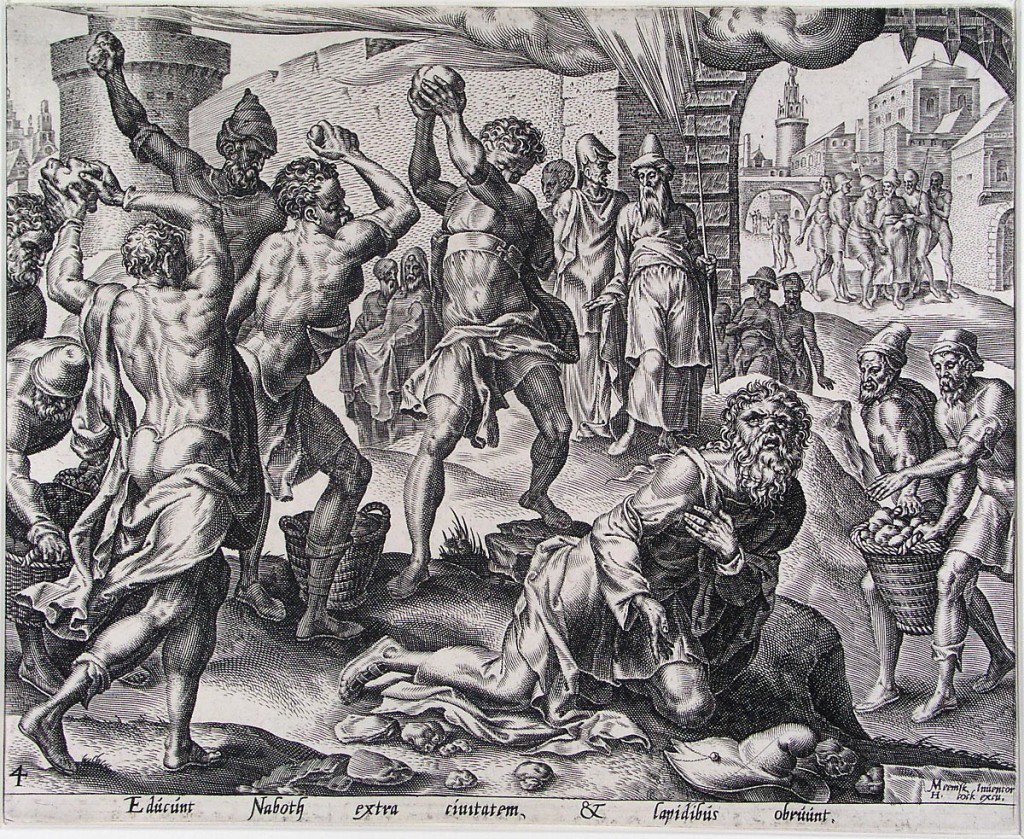I’ve noticed that several people I know who are all about making an impact in the world with their work have been thinking ahead to 2017 for some time. They’re meditating on what ways they want to do what they do better. They’re also thinking of how they can grow in their skills and knowledge.
Are you thinking that way?
Here’s a question I’m posing to myself: when I come to December 31, 2017, what would make me feel like I made the most of the year?
How would you answer that question? Can you create a top five or top ten list of those things? It would be well worth the effort.
When a year comes to an end as it is about to do in a few hours, it’s sad to see how the flow of daily and weekly chores and tasks and obligations have so consumed our attention that the change we wanted to make happen has not happened.
So what will you do for your family, at work, in your community, or just for yourself?
I urge you to write it down. Then, and this is the most important part, figure out how to make the steps necessary to make that change habits of your everyday life. Habits do indeed shape who you really are.
Along those lines, I wanted to share some rough ideas about what I would like to move forward in 2017 with my whole faith pursuit.
First, I want to continue to create two blog posts a month at minimum as a way to continue to explore my thinking about what a whole faith church would look like with particular focus on the natural imperative to be as good as possible to God’s creation. I have a request for you in this regard. If there’s a related topic you’d like me to cover or address I would love to hear it.
Second, I plan to work on a simple, allegorical novel to explore those same things in a way that is integrated into art and life. This will necessitate simpler and more concise blog posts. I can hear the applause now. 🙂
Third, I have a plan to start a simple campaign with a very simple focus for Christians to begin applying their faith in their life in a way that will benefit people and God’s creation. Look for that in early 2017. I hope you’ll join me.
Fourth, I want to hold a gathering of Christians like yourself to worship, share, and commit to living out a whole Christian faith in how we treat God’s earth. I don’t know exactly what this will look like nor what exactly I hope to see come out of it. But I believe it’s something vital to make happen.
Finally, as the year comes to a close I want to share a bit of good news regarding this earth we are called upon to keep and care for.
The latest issue of The Nature Conservancy’s magazine had an inspiring story (Unleashing Rivers) about the ongoing removal of dams in the Northeast. The Connecticut River, which runs through four states, is just an example of the challenge. It has more than 2,700 documented dams which translates into a dam every 10 miles. These dams prevent fish and other species of life from moving about. They are the ecological equivalent of putting multiple tourniquets on each of your arms and legs.
Non-profits, public agencies, and private landowners are working together to begin removing dams so that the Connecticut River and other waterways in New England can begin flowing freely again. Coordinated efforts to remove dams on the Penobscot River have already dramatically changed that river. Before the strategically focused dam removals began, fish migrating from the ocean to the river system to spawn could only go upstream about 30 miles before being blocked. Thanks to the removal of dams, fish can now access almost 2,000 miles of continuous waterways, including tributaries.
Ironically, the best video on dam removal I could find was not from New England but from Washington where National Geographic did this nice, brief story on the dismantling a huge dam on the Elwha River, the largest project of this type in the U.S.
This, I believe, is a metaphor for what humanity is called to do – to not only repent of the damage we’ve done to God’s earth, but to use all of our creativity and ingenuity to restore the earth’s vitality and beauty.
What rivers will you unleash in 2017? What impact will you make?
Ephesians 2:10 has a something urgent for us to think about: “For we are God’s handiwork, created in Christ Jesus to do good works, which God prepared in advance for us to do.”
What are the good works waiting for you?
How will God fill your heart with a love so deep and pure that you will find yourself hungry to take imaginative steps, whether nearby or on a big scale, to help people and God’s earth?
May 2017 be a year of many blessings and rewarding work for you.





